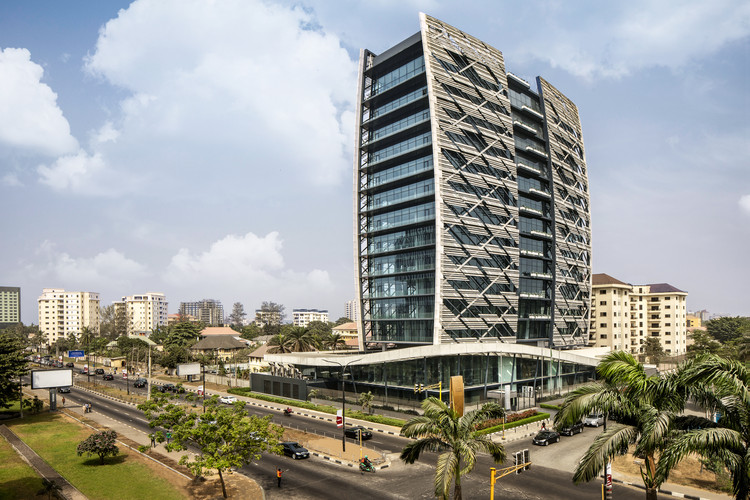Jumia, one of Africa’s most prominent e-commerce businesses, cut its operating losses by more than half to $19m in the third quarter of 2023. It was a bright spot in a quarter that saw the company lose 800,000 active customers compared to the same period last year.
The reduction in losses was thanks to increased cost discipline. A cash balance of $54 million–the company’s liquidity position is $147 million–has forced a significant reduction in expenditure. Under the leadership of Francis Dufay, the company cut expensive overhead by moving senior executives based in Dubai to Africa, reduced its workforce and moved away from a focus on delivering low-ticket items.
Key takeaways:
- Jumia’s reported revenue of $44.9 million for the quarter
- It cut its operational losses to $19 million
- Quarterly active users declined to 2.3 million
As part of cost-cutting initiatives, the company reduced its sales and advertising spend to $4.3 million, reducing advertising on “costly marketing channels and cutting consumer incentives.” The drop in advertising spending is steep (73%) compared to Q3 2022. Its general and administrative spending was also down to $17 million.
Macroeconomic factors remain a challenge despite improved fundamentals
Jumia’s Gross Merchandise Value, a measure of the value of all goods bought on its platform, declined to $181 million. The company blamed the reduction on currency devaluation across markets. “Eight out of ten local currencies in our countries of operation depreciated against the US Dollar,” Jumia said in its financial report.
Spending power, impacted by rising inflation in key markets like Nigeria, Ghana and Egypt also contributed to a reduction in order volume and value. As a result, the company’s reported revenues of $44.9 million and gross profit of $25.1 million.
Based on its goal to cut losses and move towards profitability, Jumia’s Q3 shows great progress. Yet it’s clear that there’s still work to be done; to deliver profits, it will need to grow revenues while keeping these costs low. The macroeconomic environment in all its markets will play a big role in reaching those goals.




















